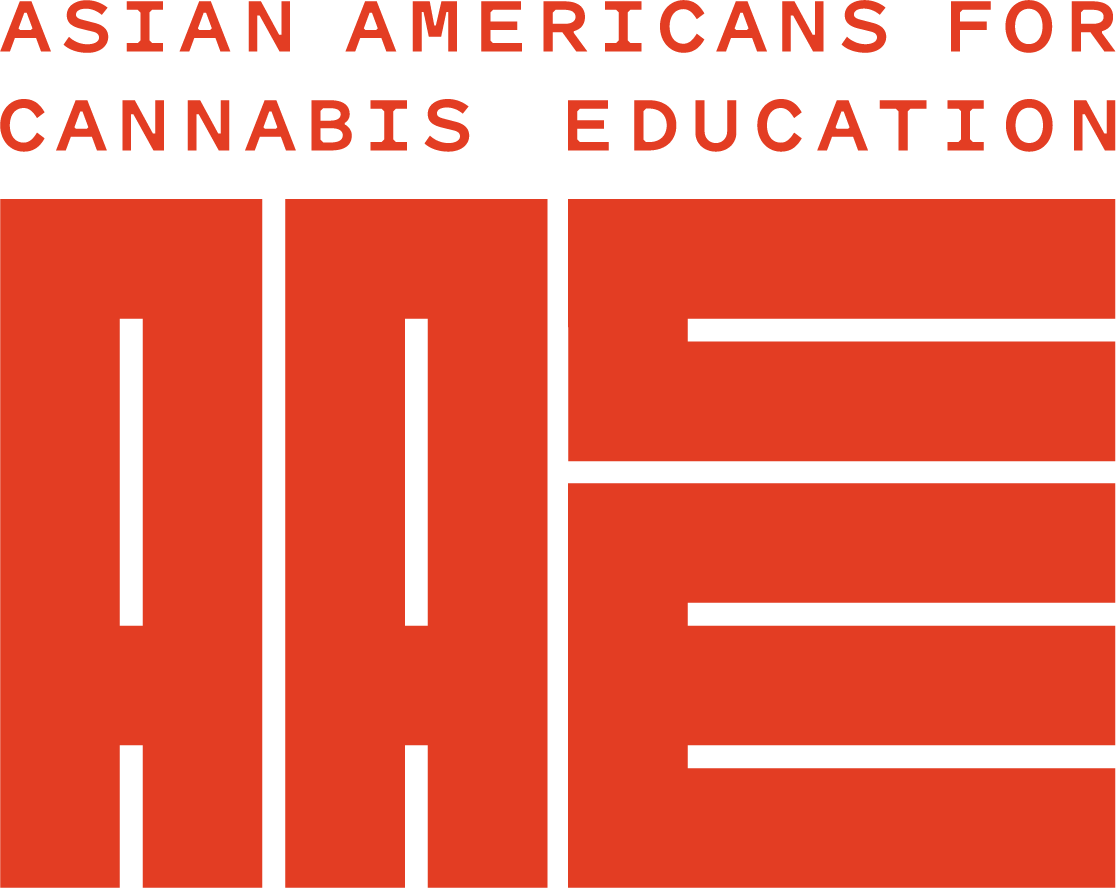Being Asian, Being Fangshi
In the NYTimes today, Gustavo Dudamel was quoted on his work elevating disadvantaged youth with YOLA (Youth Orchestra Los Angeles), and connecting with neighborhoods that are underfunded in the arts: “The freedom of the people is in their culture.”
We should look at this quote and think about how we can apply it to our lives and our industry, it’s not just about social equity it is about giving people the freedom to express their own culture and to benefit from it.
As Asians, how do we benefit?
It’s not our stereotype of being hard-working, toeing the line, dependable, etc., it is expressing the culture that was taken away from us and was then monetized into cans of Chow Mein and Calgon laundry ads (“Chinese Secret!”).
We have a 10,000-year-old record of plant and fungi medicines that was eviscerated by the UN accord on Schedule 1 drugs, two on the list come from our Traditional Chinese Medicines, psilocybin, and cannabis.
We are torn by two sides when it comes to fully embracing our medicinal culture, parts of our own culture were made illegal in the last 100 years, and the fact we can be arrested for practicing or using either medicine. The irony sits in the Opium Wars*, where European countries traded opium for guns and enslaved many to opium addiction around the world. The stigma was built on our own “family first” ethos, we are born to serve the previous generation, and we are taught to provide for the family over our own choices, those who have broken out of this have succeeded and been accepted when it produced monetary returns or honorary awards.
Now is the time to break through that historical generational indoctrination and to make your mark in the world, explore the “old” to bring it “new” to the world, with your own voice. We are here not to serve but to make a mark for others to follow to begin their own journeys.
Be who you are, not what you were told to be. There is a noun for what we are, “Fangshi” which translates to “alchemist, magician, healer, shaman, doctor, herbalist”, each village had a Fangshi, and emperors sought them out to provide medical learning and healthcare.
We are Fanghsi. - Ophelia Chong
Be not afraid of growing slowly, be afraid only of standing still.
Drugs or Substances listed in DEA Schedule I may include:
Heroin (diacetylmorphine)
LSD (Lysergic acid diethylamide)
Marijuana (cannabis, THC)
Mescaline (Peyote)
MDMA (3,4-methylenedioxymethamphetamine or “ecstasy”)
GHB (gamma-hydroxybutyric acid) - except formulations in an FDA-approved drug product sodium oxybate (Xyrem) are Schedule III
Ecstasy (MDMA or 3,4-Methylenedioxymethamphetamine)
Psilocybin ("magic mushrooms")
Synthetic marijuana and analogs (Spice, K2)
Methaqualone (Quaalude)
Khat (Cathinone, Cathine)
Bath Salts (3,4-methylenedioxypyrovalerone or MDPV)
The Signing of the Treaty of Nanjing in 1842
The Opium War and these treaties were emblematic of an era in which Western powers tried to gain unfettered access to Chinese products and markets for European and U.S. trade. The Opium Wars arose from China’s attempts to suppress the opium trade. Foreign traders (primarily British) had been illegally exporting opium mainly from India to China since the 18th century, but that trade grew dramatically from about 1820. The resulting widespread addiction in China was causing serious social and economic disruption there. In the spring of 1839 the Chinese government confiscated and destroyed more than 20,000 chests of opium—some 1,400 tons of the drug—that were warehoused at Guangzhou by British merchants.

